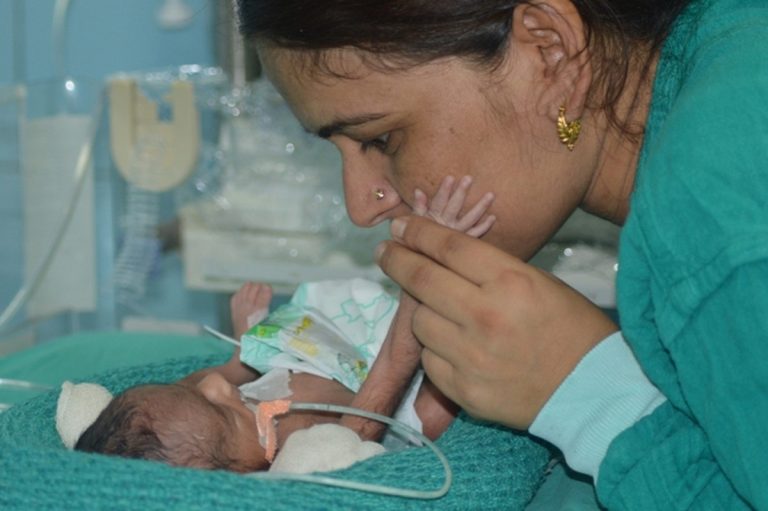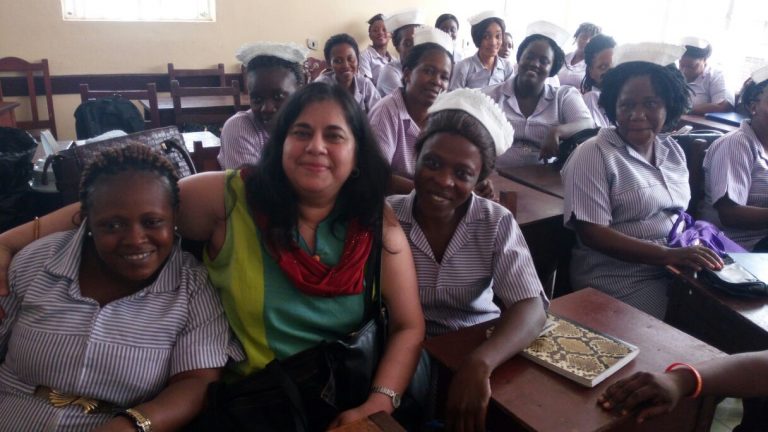Working with Government Systems to Improve Exclusive Breastfeeding Practices in Urban Informal Settlements of India
In urban Maharashtra, a highly industrialized state in India, exclusive breastfeeding rates are low, around 50%. Increasing rates of exclusive breastfeeding is an effective strategy for preventing diarrhea, a leading cause of poor nutritional status and death among infants. Researchers at the Mumbai-based non-profit Society for Nutrition, Education & Health...
Read More
